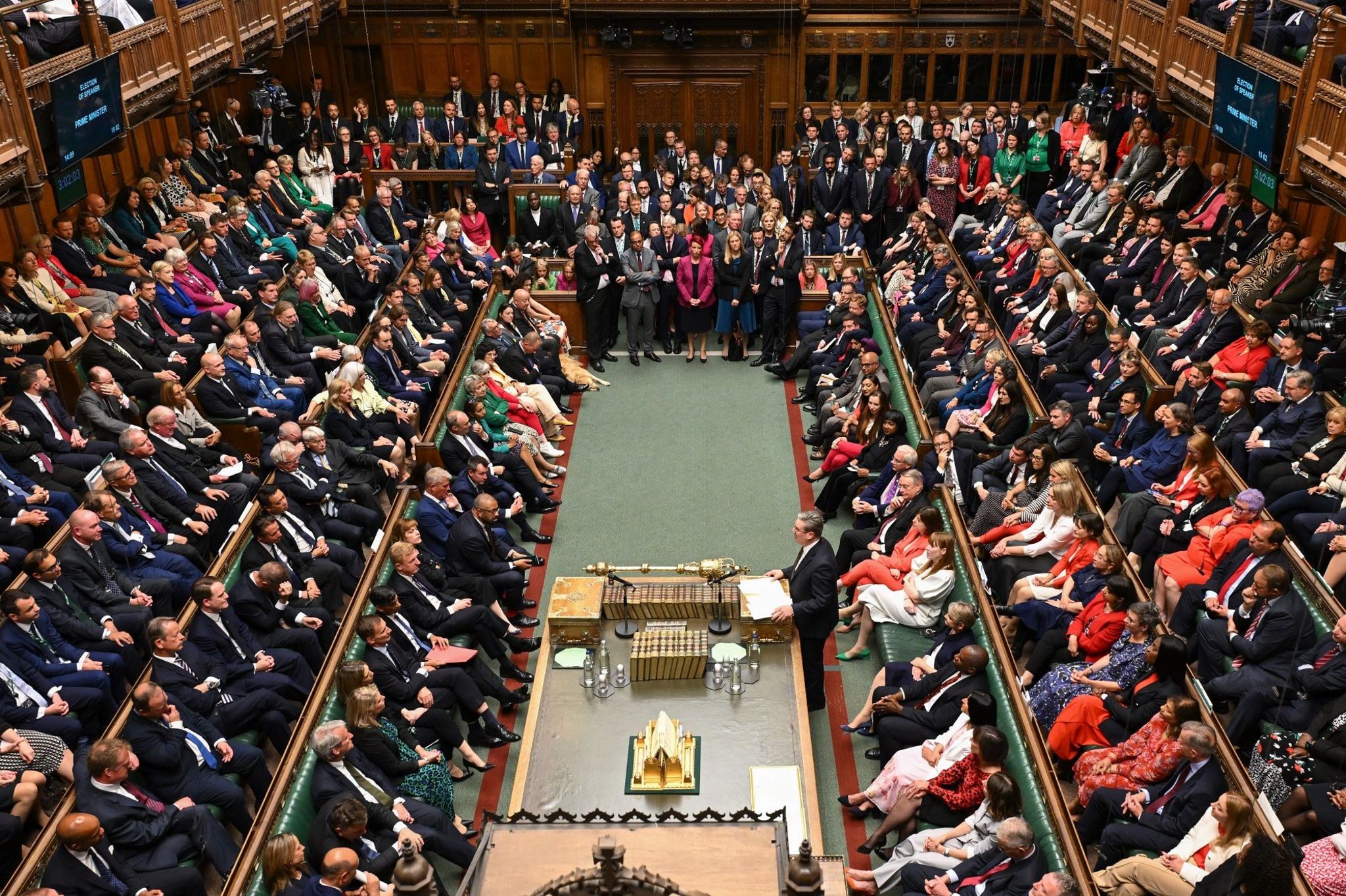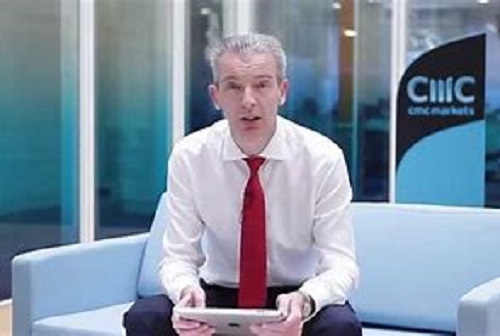Top market analysts at CMC Markets predict a wave of bad news after UK inflation did not fall as low as expected. The new Ofgem price cap changes little for household bills, but the end of the two government schemes helped lower inflation. They forecast three bleak scenarios: further squeeze on consumers, another rise in the base rate, or the UK going into recession. There is, however, the cautious chance that the long streak of rate hikes may be nearing an end.
On Wednesday, the Bank of England announced that headline CPI fell to 8.7% in April, whereas experts suggest it could have dropped by another 0.5%. This means that prices will still rise sharply, but at a slightly slower pace. Last month saw a modest decrease in grocery prices, of only 0.1% to a concerning 19.1% annual rise, perpetuating the burden of the cost-of-living crisis on UK households.
Michael Hewson, Chief Market Analyst at CMC Markets, comments: “We already know from the Kantar grocery numbers earlier this week that food inflation is slowing. In May, it came in at 17.2%, but the process is looking increasingly glacial.”
Hewson paints a bleak picture for the upcoming months, with three likely scenarios. There may be a rise in the base rate by another 0.25% in June, impacting mortgages; or keeping the base rate at the current level and waiting for inflation to run its course without interference, affecting consumer prices who already deal with food prices that are almost a fifth more expensive than the year before. The third likely scenario for the UK is, similar to Germany, entering a recession, with widespread ramifications like reduced household and business expenditure, reduced demand for debt, and a rise in unemployment.
Hewson explains: “For now, the central bank is in the invidious position of having no good options. Do nothing and inflation will take longer to work its way out of the system, squeezing consumers further, raise by 25bps to at least show they are trying to do something, or be more aggressive and push the economy into recession.”
For the UK to enter a recession, by definition, it would need to register two consecutive quarters of negative growth in GDP. In February, the Bank of England predicted a -0.7% contraction by the end of 2023, compared to 2022, also expecting a shorter and shallower recession than anticipated in November. However, it has now announced that the UK’s economy could, in fact, expand by 0.25%.
Hewson remains sceptical: “The bank now sees 0.2% growth for Q1, and 0.2% for Q2 as well, while upgrading its GDP forecast for 2023 to 0.25% from -0.3% and indicating a 0.75% expansion in 2024. While this is welcome news, it is also important to remember that just over six months ago, the bank was predicting a two-year recession, so their track record is not particularly great.”
On May 11th, the Bank of England rose the base rate again, for the 12th consecutive time, to a record 4.5%. Some turbulence may still lie immediately ahead, but the rate hike cycle may be closing soon.
“Markets are already pricing that rates could peak at 5.5%, 100bps above where the base rate is now. That is not good news for mortgage rates, although there is an awful lot of water that can flow under the bridge between now and the June meeting, and May CPI could surprise to the downside.”
On the bright side, CMC Markets’ top analyst expects that the long streak of 12 rate surges so far may be nearing its end. Hewson said that there is a “very real prospect that we could be at the end of the rate hiking cycle, or at least very close to it.”
At the end of March, the UK government ended the energy price guarantee and the £400 energy bill support scheme for every household with a domestic connection. This prevented lower energy prices from trickling down to the headline rate of inflation. With the government’s energy schemes having come to an end, the these are dropping out of the baseline CPI calculation and finally sees inflation fall.
Hewson explains: “CPI numbers have not fully reflected the decline in energy prices over the last few months, however there is an expectation that is merely an effect that has been deferred due to the government energy price cap, which has prevented this effect trickling down into the headline numbers.”
Ofgem announced on Thursday that it would cap annual energy bills to £2,074 from July, from the previous £3,280 price cap for April to June. Without the two government energy schemes in place, the new Ofgem cap does not change the bottom line much for consumers’ pockets, with upcoming winter bills expected to be at somewhat similar levels for households across the UK.











